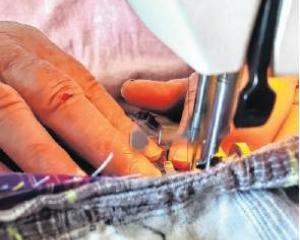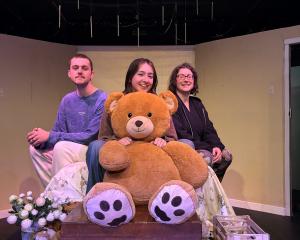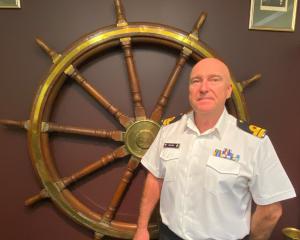
The statistics are disturbing.
The numbers of mothers and babies dying in pregnancy and childbirth have not significantly changed in 15 years.
That is the finding of the Perinatal and Maternity Mortality Review Committee.
Its 15th annual report showed since 2007 about 650 babies and 10 mothers die in pregnancy each year.
The report also found there were persistent health system failings for women from Māori, Pacific and Indian communities, as well as those living in areas of high deprivation or who are under 20 years old.
To address these inequities, Te Whatu Ora in collaboration with The Gala Events recently organised a multi-ethnic study day to raise awareness of diverse cultures and communities through the voice of ethnic representatives.

The Gala Events owner and co-host Daljeet Singh related the case of a mother-to-be from the ethnic minority community whose baby died during her stay at Dunedin Hospital last year.
Within a month, another woman from the same community lost her baby.
"Both mothers had only been in New Zealand for a few years and had little family support available."
The knowledge of the pain these two mothers went through prompted the formation of this project, to do more for ethnic minority communities who had worse access and outcomes than average, he said.

"You may have heard of this phrase, it takes a village.
"We are the village, OK, and we are the ones who can embrace these communities to make a difference."
Syrian representative Maya Taha said before the war in Syria the country had a strong health system and strong maternity care.
The first question a newly married woman was asked would be "are you pregnant?".
She highlighted some different ways of working in Syria, for example, pregnant women were generally referred to a doctor more often than a midwife.
"Because in Syria midwives are only working in the hospital or rural area, and they don’t work by themselves."
University of Otago professor of optometry and vision sciences Dr Kelechi Ogbuehi joked as a Nigerian coming to New Zealand he felt he had to take his Nigerian brain out and put his New Zealand brain in.
"Because if you took your New Zealand brain to Nigeria, you would get robbed at the airport."
Joking aside, he said some people coming to New Zealand from other parts of the world were trying to learn how to navigate the system.
"Many of these people are coming from cultures where they don’t have any rights, and the idea ... [that] you can speak up for yourself doesn’t make any sense."
Te Whatu Ora Southern director of midwifery Karen Ferraccioli said health professionals who attended the study day were positive about the opportunity to hear directly from those with lived experience of accessing health care in New Zealand.
The Maternity Quality and Safety Programme in the Southern region, part of a national improvement programme, had identified maternal mental health services, breastfeeding support and local access to care as their top three priorities for this year.
Deaths of women and infants related to pregnancy and birth was a relatively rare event in New Zealand and it was important to note suicide remained the leading cause of death for mothers related to pregnancy, and of the about five to six maternal deaths per year, suicide would account for one to two of those deaths.













